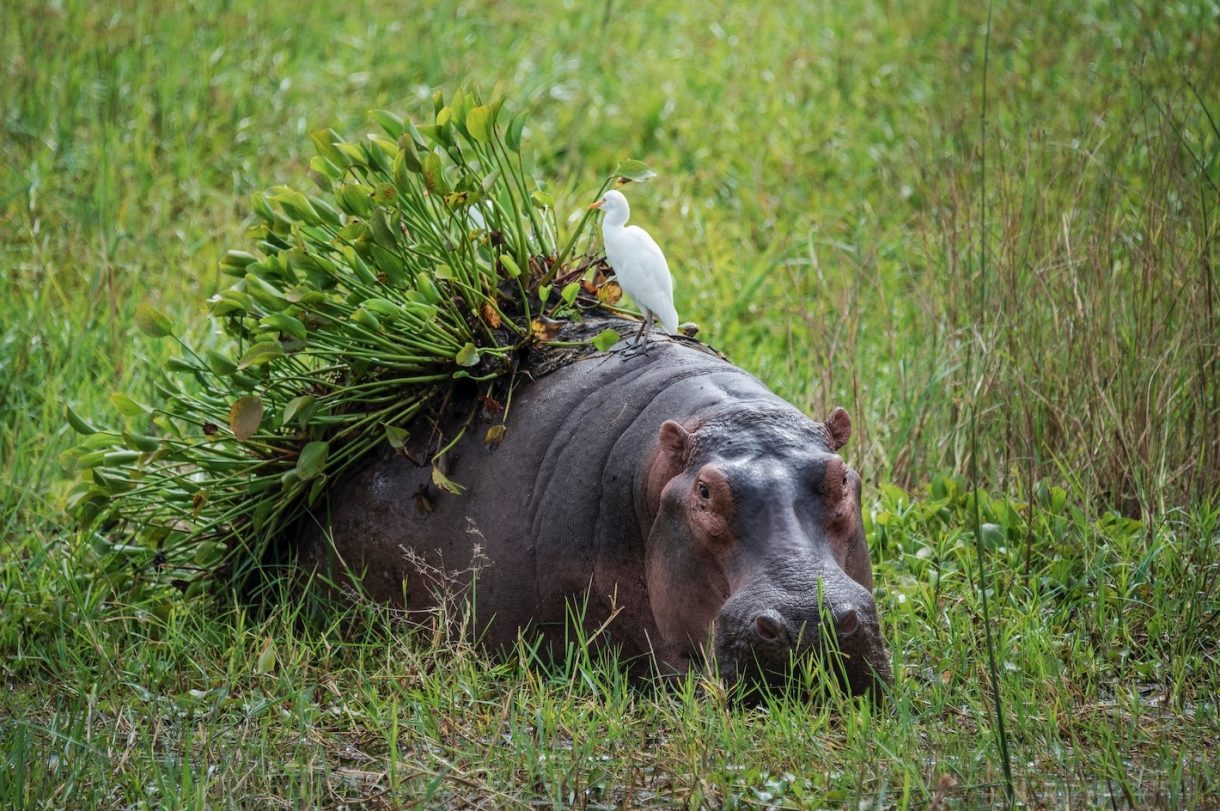Malawi’s burgeoning reputation as a premier safari destination is thanks to the transformative work of African Parks, the non-profit conservation organisation protecting and revitalising four key wildlife areas: Liwonde National Park, Majete Wildlife Reserve, Mangochi Forest Reserve, and Nkhotakota Wildlife Reserve.
African Parks’ efforts go beyond wildlife conservation, boosting local communities and ensuring long-term sustainability, making Malawi a rising star in African tourism.
In Malawi, African Parks’ work has been nothing short of transformative. Here’s a closer look at the four wildlife areas they manage and why these reserves should be on your safari bucket list.
Majete Wildlife Reserve: A Conservation Success Story


Majete Wildlife Reserve, located in southwest Malawi, was almost devoid of wildlife when African Parks took over in 2003. Through strategic wildlife reintroductions and effective protection measures, Majete has become a thriving wildlife haven. Over the years, the reserve has reintroduced rhinos, elephants, lions, cheetahs, wild dogs, and giraffes. As of 2022, the reserve is home to over 12,000 animals.
This revitalisation has also benefited local communities. Projects like beekeeping and fish farming support hundreds of residents, while a scholarship program helps more than 100 students annually. Tourism is booming, with Majete breaking revenue records in 2022.
Where to Stay:
- Thawale Lodge offers eight canvas tented suites overlooking a busy waterhole, and Mkulumadzi, by Robin Pope Safaris, provides a chic retreat with private viewing decks and dramatic river views.
- Ng’ona Lodge and Zua Safari Lodge, just outside the reserve, offer comfortable stays with stunning views and guest swimming pools.
Liwonde National Park: From Crisis to Conservation Haven


Since African Parks took over in 2015, Liwonde has undergone a remarkable transformation. The removal of over 40,000 wire snares and the reintroduction of cheetahs, lions, and wild dogs have helped Liwonde regain its status as a top wildlife destination. A 2019 relocation of 17 black rhinos from South Africa was one of the largest black rhino translocations ever.
With tourism revenue tripling since 2021, the park is thriving. The innovative ‘Spicy Farmers’ project, which uses chilli plants to reduce human-elephant conflict, is just one example of African Parks’ creative conservation efforts. The future is bright, with more community projects and educational initiatives in the pipeline.
Where to Stay:
- Chimwala Bush Camp offers self-catering accommodation with panoramic views of the Shire River.
- Mvuu Lodge & Camp, nestled near a lagoon, offers luxurious tents with private decks, and Kuthengo Camp by Robin Pope Safaris provides modern safari tents with outdoor showers and stunning river views.
Mangochi Forest Reserve: A Vital Wildlife Corridor


Mangochi Forest Reserve, adjacent to Liwonde, is vital for wildlife, particularly elephants. African Parks took over the reserve in 2018, expanding its management area to 903 km². Despite years of neglect, Mangochi is home to elephants, leopards, and rare bird species. Wildlife translocations from Liwonde have strengthened the reserve’s population, and a new boundary fence has helped reduce human-wildlife conflict.
Local communities around Mangochi are benefiting from African Parks’ efforts, with education, healthcare, and enterprise initiatives improving livelihoods. As tourism grows, Mangochi is set to become as vibrant as its neighbouring Liwonde.
Nkhotakota Wildlife Reserve: A Restoration Masterpiece


Nkhotakota Wildlife Reserve, Malawi’s oldest and largest reserve, has seen a remarkable recovery under African Parks’ management. Years of ivory poaching had devastated the elephant population, but a historic wildlife restoration project in 2016-2017 brought 500 elephants and 2,000 other animals to the park. The reserve has since introduced 800 more animals, including hippos in 2022.
Community engagement has been a cornerstone of Nkhotakota’s success, with beekeeping, fish farming, and chilli farming projects benefiting local residents. Over 84,000 indigenous trees have been planted as part of the park’s reforestation efforts. Tourism is on the rise, creating jobs and improving livelihoods for over 9,000 community members.
Where to Stay:
- Livezi Bush Camp offers self-catering chalets with views of the Livezi River.
- Tongole Wilderness Retreat is a luxury eco-lodge with riverside suites, while Bua River Lodge provides secluded safari tents along the Bua River.
Booking Your Stay
African Parks operates lodges and campsites within these reserves, with all tourism revenue going back into conservation and community projects. For easy booking, visit Ukuri, the online platform for African Parks’ lodges. Independently run lodges within the parks also contribute to conservation and can be contacted directly.
Wrapping It Up
African Parks has turned Malawi into a must-visit safari destination. Their work not only protects wildlife but also uplifts local communities and ensures long-term sustainability. With revitalised wildlife populations, increased tourism, and innovative community projects, Malawi’s parks offer an inspiring conservation success story and a world-class safari experience.
Now is the perfect time to explore these beautiful wild spaces and see the transformative impact of African Parks’ conservation efforts for yourself!





